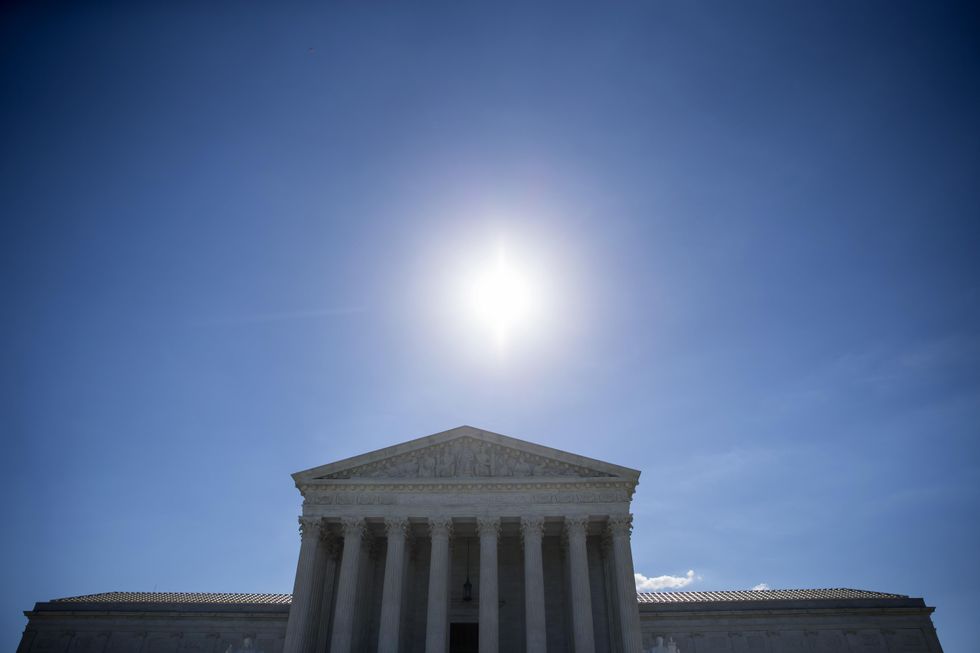
The Supreme Court ruled Tuesday that immigrants can be detained indefinitely without bail. (Eric Thayer/Getty Images)

Under federal law, detained aliens do not have the right to periodic bond hearings and can be held indefinitely under United States statutory law, the U.S. Supreme Court ruled Tuesday.
The key plaintiff in the case, Alejandro Rodriguez, a legal permanent resident of the United States, has lived in the U.S. since childhood. After being convicted of a misdemeanor drug charge at the age of 24, Rodriguez was held for three years while authorities awaited the outcome of his deportation proceedings. Eventually, the American Civil Liberties Union took up his case, winning the cancellation of his deportation order, as well as his release.
Representing roughly 1,000 immigrants in the class-action lawsuit, the ACLU successfully argued before the Ninth Circuit that immigrants who had committed deportable crimes should be entitled to bail hearings after six months of detention, under 8 U.S.C. section 1225. The Supreme Court's ruling reversed the Ninth Circuit, with Judge Alito writing the opinion.
"Immigration officials are authorized to detain certain aliens in the course of immigration proceedings while they determine whether those aliens may be lawfully present in the country," the decision read.
The plaintiffs had also argued that, if federal immigration law did allow them to be held indefinitely without bail, then that provision of federal law must be unconstitutional under the Eighth Amendment. Since the Ninth Circuit did not rule on that question below, the Supreme Court kicked that issue back to the 9th Circuit Court of Appeals for an initial determination. This means it might not be the last time the SCOTUS hears it.
Justice Stephen Breyer, however, used strong words in his dissent, stating that "No one can claim, nor since the time of slavery has anyone to my knowledge successfully claimed, that persons held within the United States are totally without constitutional protection."
The Obama administration first filed the appeal, accusing the 9th Circuit Court of rewriting "the law governing detention of criminal and terrorist aliens in removal proceedings." Trump's administration continued the case.
Immigration advocates and the ACLU point to the backlog of deportation cases, with the Government Accountability Office reporting that deportation hearings are backlogged for several years before some judges. This means a normal wait time for an illegal immigrant being detained has gone from 198 to 404 days, with a ratio of 1,456 cases per judge.
Further, the case is sure to reignite arguments about what rights illegal aliens have under the Constitution.